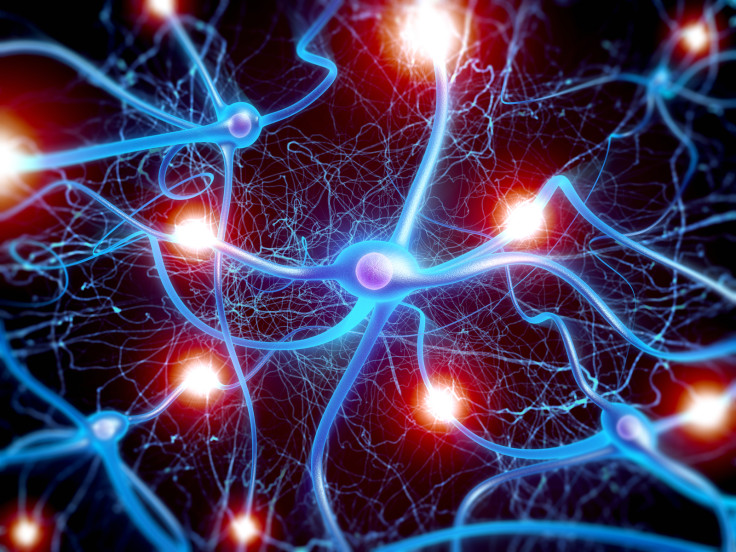Magnetic brain stimulation technique can control your taste in music
The findings could have important implications for understanding certain neurological disorders.

It is possible to increase or decrease our enjoyment of music, and our craving for more of it, through brain stimulation techniques that disrupt or enhance certain neurological circuits, according to a new study.
Previous research has shown that when you listen to your favourite songs, neurological networks involved in anticipating rewards and surprise become engaged. These are known as the fronto-striatal circuits.
However, until now nobody had ever tested whether these circuits are essential to musical reward, or if they can be manipulated, causing changes in how we experience musical pleasure.
For the study, published in the journal Nature Human Behaviour, researchers from the Montreal Neurological Institute and Hospital of McGill University used a non-invasive brain stimulation technique on participants known as transcranial magnetic stimulation (TMS).
The technique employs magnetic pulses to either stimulate or inhibit selected parts of the brain. The team applied TMS to a region that modulates the fronto-striatal circuits, leading to the release of dopamine – an important chemical that plays a key role in the brain's reward system. Most types of reward increase levels of dopamine in the brain, resulting in a pleasurable feeling.
Participants received different kinds of brain simulation and subsequently had to listen to some of their own favourite music, as well as songs chosen by the researchers, while their psychophysiological responses were measure. They were also asked to rate their enjoyment of the music in real time and were offered the opportunity to buy the music selected by the researchers using real money, in order to measure their motivation to listen to it again.
The findings showed brain stimulation that excited the fronto-striatal circuits enhanced the participants' enjoyment of the music and their motivation to buy more. On the other hand, the brain stimulation that inhibited these same circuits had the exact opposite effect.
"Their findings show that the functioning of fronto-striatal circuits is essential for our enjoyment of music," said Ernest Mas Herrero, first author of the study. "This indicates that the role of these circuits in learning and motivation may be indispensable for the experience of musical pleasure."
Robert Zatorre, senior author of the study, added that the findings could have important implications for understanding certain neurological disorders.
"Showing that pleasure and value of music can be changed by the application of TMS is not only an important – and remarkable – demonstration that the circuitry behind these complex responses is now becoming better understood, but it also has possible clinical applications," Zatorre said.
"Many psychological disorders such as addiction, obesity, and depression involve poor regulation of reward circuitry. Showing that this circuit can be manipulated so specifically in relation to music opens the door for many possible future applications in which the reward system may need to be up- or down-regulated."





